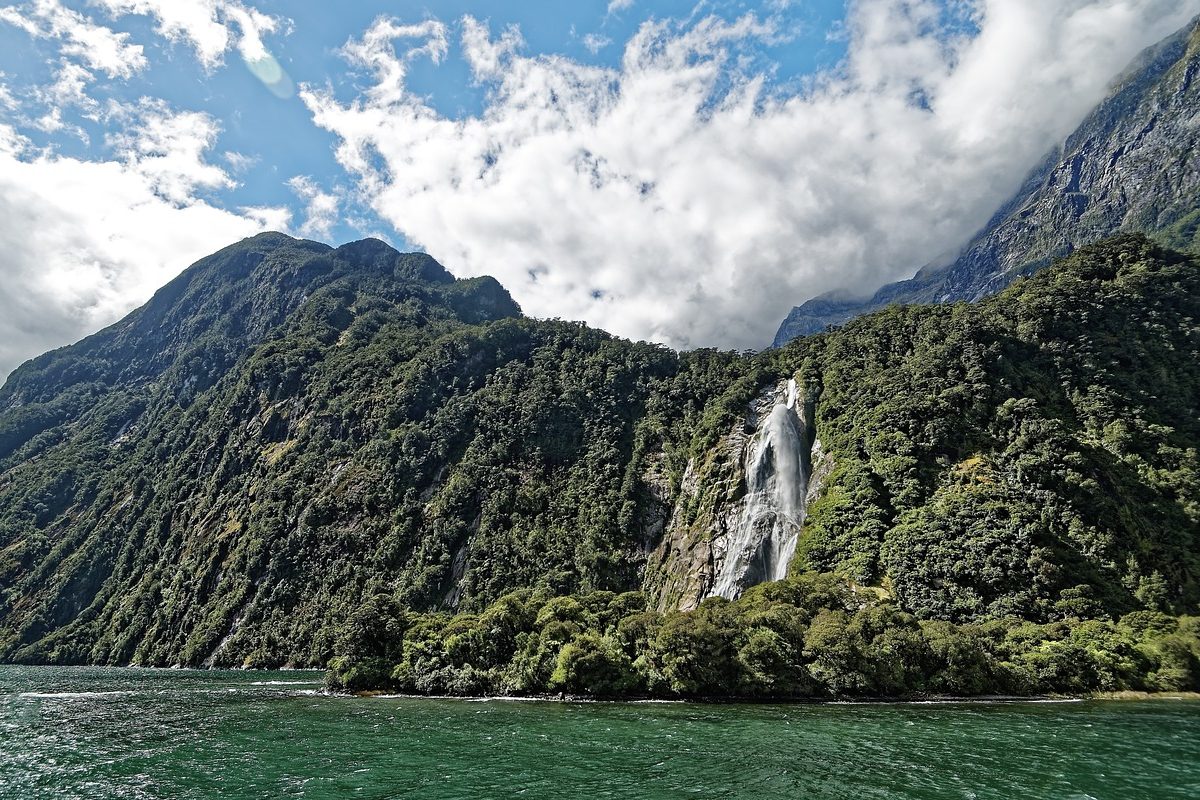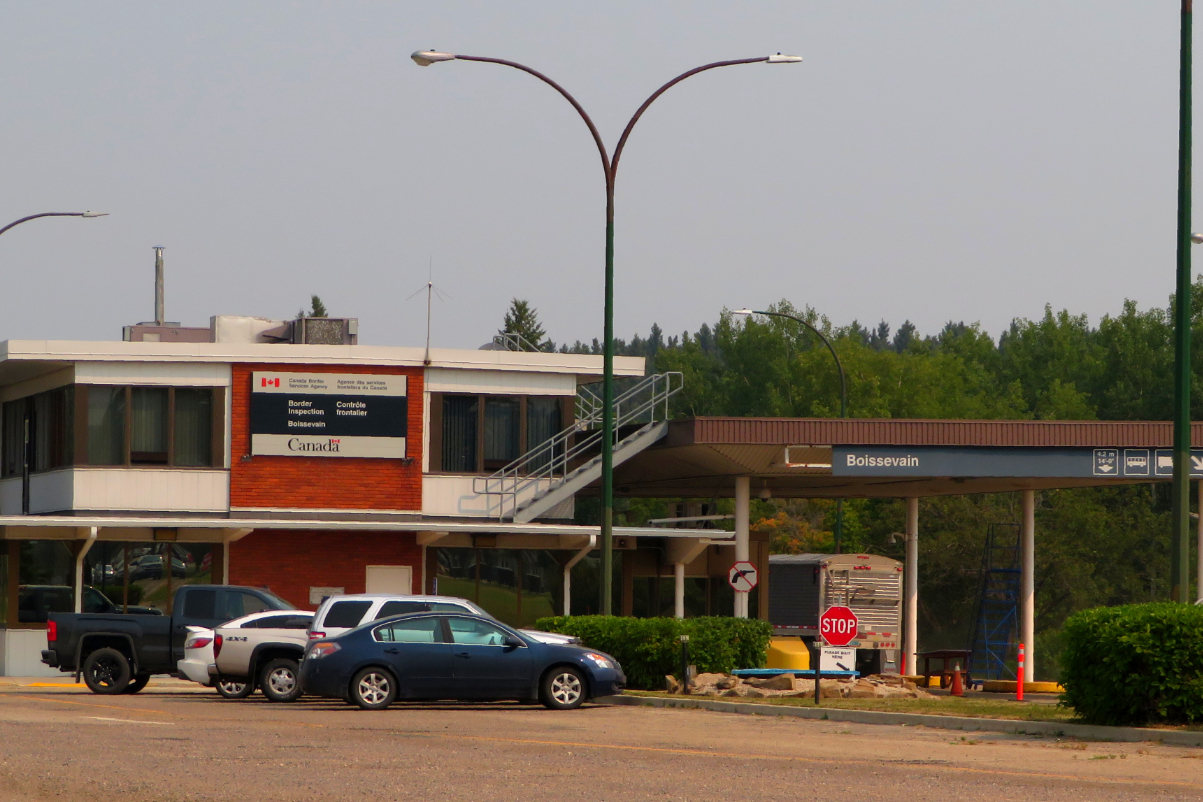Tour Operators Delay Lucrative Long-Haul Trips Yet Again on Omicron Curbs

Skift Take
When many countries eased travel restrictions last year, tour operators started ramping up their preparations to conduct trips they had been unable to run during much of the pandemic.
But the emergence of the Omicron variant has enormously complicated tour operators' efforts to resume trips that many of them shelved quickly after the start of the pandemic — long-haul trips. New travel curbs enacted in the wake of the new variant, as well as borders still yet to reopen, have delayed plans many companies had to conduct excursions longer than two weeks, heavily hitting the bottom lines of businesses hit hard during the pandemic. Long-haul trip tours tend to be the biggest moneymakers.
"We are still not operating at anywhere near full capacity and are not anticipating this to be the case until around April and May," said Natasha Lawrence, the director of commercial and product development at Contiki, which didn't run any long-haul trips during the height of the pandemic. She estimates the company is currently running only 20 percent of the tours in its capacity due to the uncertainty of booking travel and constantly changing travel restrictions.
"The Omicron variant and the new associated restrictions have had a massive impact on how we run our trips."
AAT Kings is another tour operator facing uncertainty about running many of longer trips, especially as both Australia and New Zealand have delayed fully reopening their borders for tourism due to Omicron concerns. Despite being unable to provide a figure for what percentage of offerings the company has been unable to conduct during the pandemic, Margot Windenburg, the senior sales manager of the Australian-based company, told Skift it's paused trips largely geared toward overseas clientele. She estimates that while pre-Covid, close to half of its long-haul business came from outside of Australia, with roughly 30 percent from the United States.
Meanwhile, when asked if Covid restrictions made running long-haul trips in certain destinations difficult, Jim Eite, the commercial director of Exodus Travels, responded that the company had removed some multi-country trips in its itinerary for 2022.
"Clearly there are destinations where we are still unable to operate," he said, adding that Exodus ran fewer trips longer than two weeks in 2020 and 2021 than it did pre-Covid. Prior to the pandemic, Eite estimates the company had a roughly 50-50 split of clients traveling on trips longer than two weeks and those on one-week tours.
Even tour operators still currently running long-haul trips admit that the length of such excursions provides additional risks for their businesses, mostly the increased likelihood of positive Covid tests. Marc Sison, the product director of Kensington Tours, acknowledged that is a possibility. And when asked about the biggest issues his company faced if guests tested positive during a tour, he said accommodation was a major one.
"Depending on the country that they are traveling to, there are state-mandated hotels where they have to quarantine," Sison said. " As a tour operator, we won’t have the ability to select which hotels they are assigned to."
The wake of Omicron has also seen several destinations implement more testing requirements, a development that has complicated running longer-haul trips — especially multi-destination ones.
"Each country has reacted differently to the variant and we have to be (aware of) the different rules and regulations for each," Contiki's Lawrence said.
She cited Argentina, a country that has implemented delayed post-arrival testing. The South American nation mandates visitors to take a Covid test between three to five days after arrival, and those testing positive for Covid must isolate for seven days.
"Our concerns about running long-haul trips are the same for all operators: an outbreak of Covid on a trip, which either prevents the continuation of the trip, or causes the trip to split as some individuals are required to isolate," Lawrence said.





